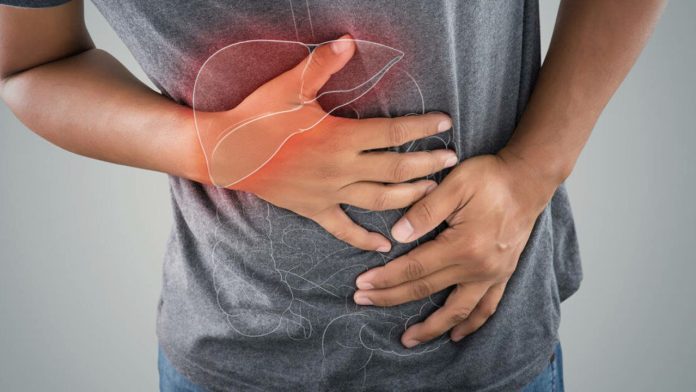During the monsoon season, there is an increase in gastrointestinal issues, especially liver disorders, which can be attributed to causes such as contaminated water and food. As a result, there is a significant increase in the number of people who test positive for hepatitis A and E during the winter months. People should take precautions to prevent liver disorders and lead healthy lives. These precautions include avoiding the consumption of filthy raw food and vegetables, avoiding food from the street since it may be prepared using polluted water, being vaccinated against hepatitis, and only taking medications that have been prescribed by a medical professional.
A multitude of gastrointestinal issues, including an infection with hepatitis, are connected with the monsoon season. Problems with the liver can affect people of any age, from children and adolescents to adults and the elderly. Stomach infections are caused by contamination, which is more likely to occur during the rainy seasons.
Pain in the stomach, loose motions, and nausea are symptoms of the most common stomach illnesses, which include dysentery and diarrhea. The bacterial infection known as typhoid causes severe symptoms including high fever, stomach pain, nausea, and vomiting. Hepatitis A and jaundice are also conditions that can make life difficult. The inflammation (swelling) of the liver is referred to as hepatitis A. The likelihood of dysfunction increases when sanitation is poor and there is contamination of both water and food.
The treatment will be individualized for each patient and will depend on the symptoms they are experiencing.
- Only take the medication that has been prescribed to you by the doctor.
- Avoid consuming raw foods and vegetables, as well as food from vendors on the street, and make sure to boil water before drinking it.
- Do not consume pre-cut fruits that are sold at roadside stands, and make sure to wash your hands frequently.
- Avoid drinking juices or other beverages that may contain ice that has been tainted with bacteria.

 हिंदी
हिंदी






